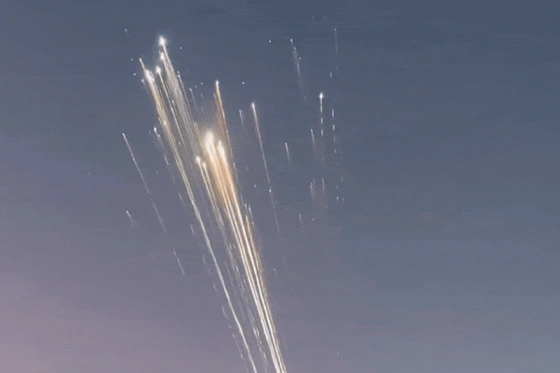SpaceX’s Starship megarocket faced another setback during its eighth test flight, echoing the failure of its January mission. The 400-foot-tall system launched from Texas but lost communication with the upper stage just over eight minutes into the flight, mirroring the timeline of the previous mishap. The vehicle spun before breaking apart, resulting in debris across Florida and nearby regions, prompting safety protocols at several airports. SpaceX described the incident as a “rapid unscheduled disassembly” and stated that the team would analyze data to pinpoint the root cause. Prior investigations found propellant leaks and fires in the rocket’s “attic” area, which had prompted design updates before this launch.
Despite the setback, SpaceX achieved a significant milestone when its Super Heavy booster successfully returned to the launch site, demonstrating a key “catch” maneuver for reusability. Starship is central to SpaceX’s ambitions for space exploration, including future NASA Artemis missions to the moon and potentially Mars. While test flights remain uncrewed and risky, they are integral to perfecting the world’s most powerful rocket. Federal investigations, including those by the FAA, continue to monitor SpaceX’s development processes, highlighting the challenges inherent in advancing spaceflight technology.

